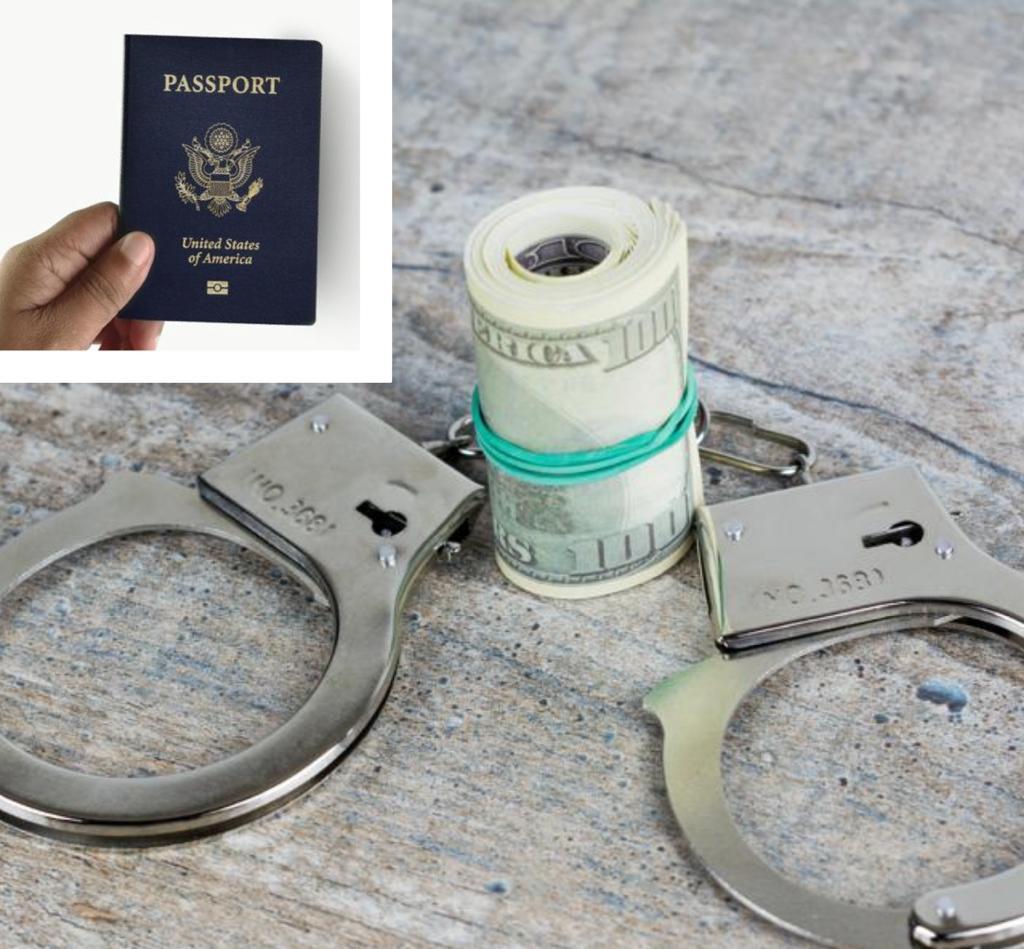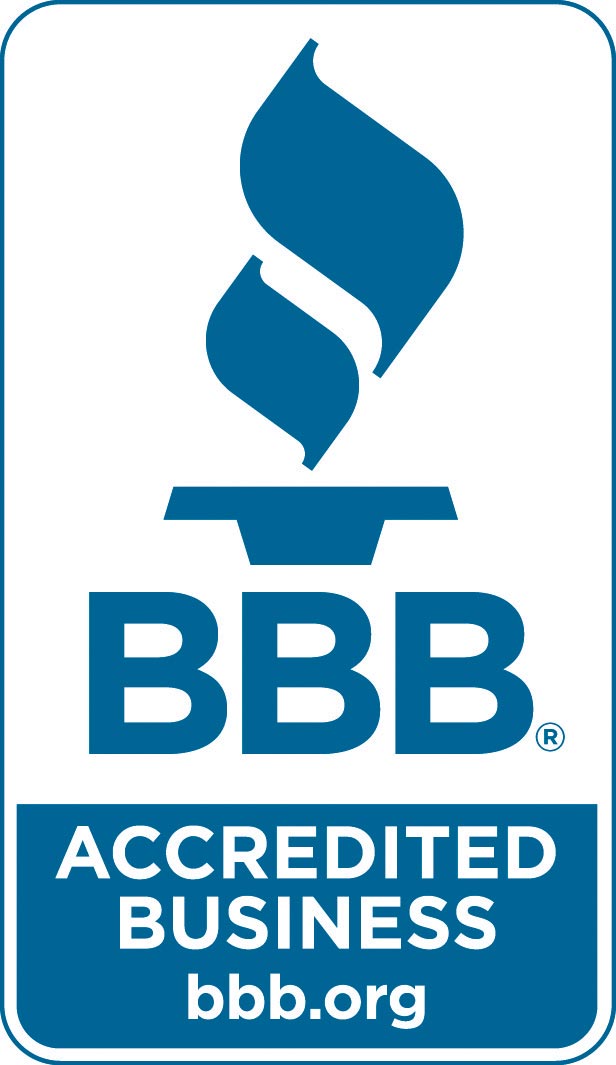Can Felons Get A Passport
- Updated on 4 Dec 2023

Service: Passport Services
Country: United States
Are you a felon wondering if you can get a passport? Look no further. This article will provide you with the information and steps needed to understand your eligibility for obtaining a passport with a criminal record.
Navigating passport eligibility with a felony conviction can be complex. For personalized guidance from a passport and visa agency, consider connecting with A1 Passport & Visa Services. Their knowledgeable team can assess your situation and provide expedited passport services if eligible
Discover how felony convictions may impact your application, learn about the process of regaining eligibility at a passport office, and explore travel restrictions and international options available to individuals with felony convictions.
Find the resources and support you need to navigate this important process.
Understanding Passport Eligibility for Individuals with Criminal Records
You might wonder if you can get a passport with a criminal record. The good news is that having a criminal record does not automatically disqualify you from obtaining a passport.
The United States Department of State recognizes the importance of felon rehabilitation and believes in granting individuals with criminal records the opportunity to travel internationally.
However, it’s important to note that there may be legal barriers and restrictions regarding international travel for individuals with certain types of criminal records. Some countries have strict entry requirements, especially for those who have been convicted of serious offenses such as drug trafficking or terrorism-related crimes. Each country puts These legal barriers in place to protect their citizens and maintain public safety.
To determine your eligibility for a passport, the US Department of State considers various factors, including the severity of your offense, whether you are currently on parole or probation, and whether there are any outstanding arrest warrants against you. It is recommended that individuals with criminal records consult an attorney or contact the nearest US Passport Agency for guidance on their specific situation.
The Impact of Felony Convictions on Passport Applications
The impact of felony convictions on passport applications can be significant. If you have a criminal record, it may affect your ability to obtain a passport and restrict your travel options. Passport requirements include passing a background check and having a felony conviction could raise red flags during this process. This means you might face difficulties securing a passport and exploring international destinations.
Having a criminal record can lead to travel limitations as some countries have strict entry requirements for individuals with past convictions. Certain nations may deny entry or require special permits, which can complicate your travel plans and limit the number of international destinations you can visit.
Reintegration support is crucial for individuals with felony convictions who want to rebuild their lives. Access to resources and assistance in obtaining necessary documents like passports is vital in helping them reintegrate into society successfully. Organizations that focus on reintegration often offer guidance on how to navigate through the challenges that arise due to criminal records, including issues related to travel and passports.
It’s important to understand the potential impact of felony convictions on passport applications as it can affect your ability to explore the world freely. Seeking reintegration support services will provide valuable guidance and help ensure smoother access to essential travel documents like passports.
Restoring Rights: Steps to Regain Passport Eligibility
To regain eligibility for a passport, following the steps to restore your rights is crucial. The rehabilitation process for felons varies depending on the jurisdiction and severity of the offense. However, common legal requirements must be met to be considered for passport reinstatement.
| Steps | Documentation Needed | Waiting Period |
|---|---|---|
| Step 1: | Complete Sentence | Varies |
| Step 2: | Fulfill Probation / Parole | Varies |
| Step 3: | Apply for expungement | Varies |
Firstly, you must complete your sentence and any court-ordered programs or classes. This includes paying fines or restitution and serving any required time in prison or on probation/parole.
Once you have fulfilled these obligations, you can apply for expungement if available in your jurisdiction. Expungement options allow certain felony convictions to be sealed from public records, improving your chances of regaining passport eligibility.
It’s important to note that you may have a waiting period before applying for rights restoration. This period varies depending on the seriousness of the offense and local regulations.
Navigating the Application Process for Felons
When applying for a passport after regaining eligibility, it’s important to navigate the application process carefully and provide all required documentation.
To start, make sure you meet the application requirements set by the U.S. Department of State. These requirements include filling out the appropriate forms, providing proof of identity and citizenship, submitting two passport photos, and paying the necessary fees.
Once your application is submitted, it will go through a background check process conducted by law enforcement agencies. This process ensures that individuals with criminal records are thoroughly reviewed before being issued a passport.
While navigating this process alone can be challenging, seeking legal assistance can ensure you have all the necessary documents and information to complete your application successfully. Legal professionals experienced in dealing with felon-related issues can guide you through each step and address any concerns or questions.
Additionally, reentry programs can provide valuable resources and support during your passport application journey. These programs offer assistance with employment opportunities, housing options, counseling services, and more.
Remember that the timeline for receiving your passport after completing the application process can vary. Generally, it takes around 6-8 weeks to receive a regular passport. However, expedited processing is available for an additional fee if you need your passport sooner.
Travel Restrictions for Individuals with Felony Convictions
Travel restrictions can still apply to individuals with felony convictions, even after regaining eligibility for a passport. It is important to be aware of these limitations when planning your travel.
Felony convictions can have legal implications that extend beyond the initial charges and sentences. While rehabilitation programs and reentry challenges are meant to support individuals in their journey toward reintegrating into society, travel may still be restricted due to the nature of the conviction.
One of the most significant travel limitations faced by felons is passport denial. The U.S. Department of State has the authority to deny passports to individuals with certain felony convictions, especially those involving drug trafficking or international child abduction. This means that even if you have regained eligibility for a passport, there is no guarantee that it will be granted.
It is crucial to thoroughly research and understand the specific requirements and restrictions associated with your particular conviction before attempting any international travel. Consulting with legal professionals specializing in this area can provide valuable guidance and insights.
While regaining a sense of freedom and normalcy after a felony conviction can be challenging, it is essential to remain informed about any potential travel limitations imposed on you as an individual with a criminal record. By staying informed and taking appropriate steps, you can navigate these restrictions while working towards personal growth and successful reintegration into society.
Exploring International Travel Options for Felons
International travel options may still be available for individuals with felony convictions, but it is important to thoroughly research and understand the specific requirements and restrictions associated with your particular conviction. While some countries have strict travel restrictions for felons, there are alternative options that can make international travel possible.
One option is to apply for a limited passport, which allows you to travel to certain countries under specific conditions. These conditions may include obtaining a visa or providing additional documentation about your conviction. Complying with all legal requirements and providing accurate information during the application process is crucial.
Another option is to seek support services to assist individuals with criminal records who wish to travel internationally. These services can guide you through the process, help you understand the legal requirements, and provide necessary documentation
To give you an idea of the different travel restrictions faced by felons in various countries, refer to the table below:
| Country | Travel Restrictions |
|---|---|
| United States | Felons cannot obtain passports without permission |
| Canada | Certain felony convictions result in inadmissibility |
| Australia | Visa applications require character assessments |
| United Kingdom | Some offenses lead to refusal of entry |
| Japan | Criminal records checks conducted before entry |
Resources and Support for Felons Seeking Passports
Various resources and support services are available to assist individuals with criminal records who want to travel internationally. Don’t lose hope if you have a criminal record but dream of exploring the world.
Reentry programs can provide valuable guidance on navigating the legal system and regaining your rights. These programs offer various services, including assistance with obtaining identification documents such as passports.
It is essential to stay informed about any travel restrictions that may apply to individuals with criminal records. Some countries have strict regulations in place, while others may be more lenient. Understanding these rules will help you plan your international travel opportunities accordingly.
Frequently Asked Questions:
Yes, felons with outstanding warrants can still apply for a passport. However, travel restrictions may be imposed due to their criminal record. Understanding your legal rights and seeking rehabilitation before planning any international travel is important.
After completing their sentences, felons may still face challenges in regaining certain rights. They may have restrictions on voting, limited job and housing options, and difficulty in child custody matters due to their felony conviction.
The processing time for a felon’s passport application varies, but it typically takes about 4-6 weeks. To apply, you must meet the eligibility criteria and provide the necessary documentation per the application requirements. Note that there may be travel restrictions for felons.
Felons with multiple felony convictions may still be eligible for a passport. While their voting rights, job opportunities, housing rights, rehabilitation programs, and child custody rights may be affected, they can still apply for a passport.
Felons with drug-related convictions may face travel restrictions regarding international travel. These limitations can affect their passport eligibility and may result in travel restrictions specifically for drug felons.
Conclusion
So, can felons get a passport?
The answer is yes, but it depends on various factors. Felony convictions can impact passport applications, but there are steps individuals can take to restore their eligibility.
Navigating the application process may require extra effort and documentation for felons, but it is possible. It’s important to know travel restrictions that may apply to individuals with felony convictions.
However, international travel options are also available for felons who have regained their passport eligibility. Resources and support are available to help felons in their journey toward obtaining a passport.
Expedited Visas
CALL US NOW

